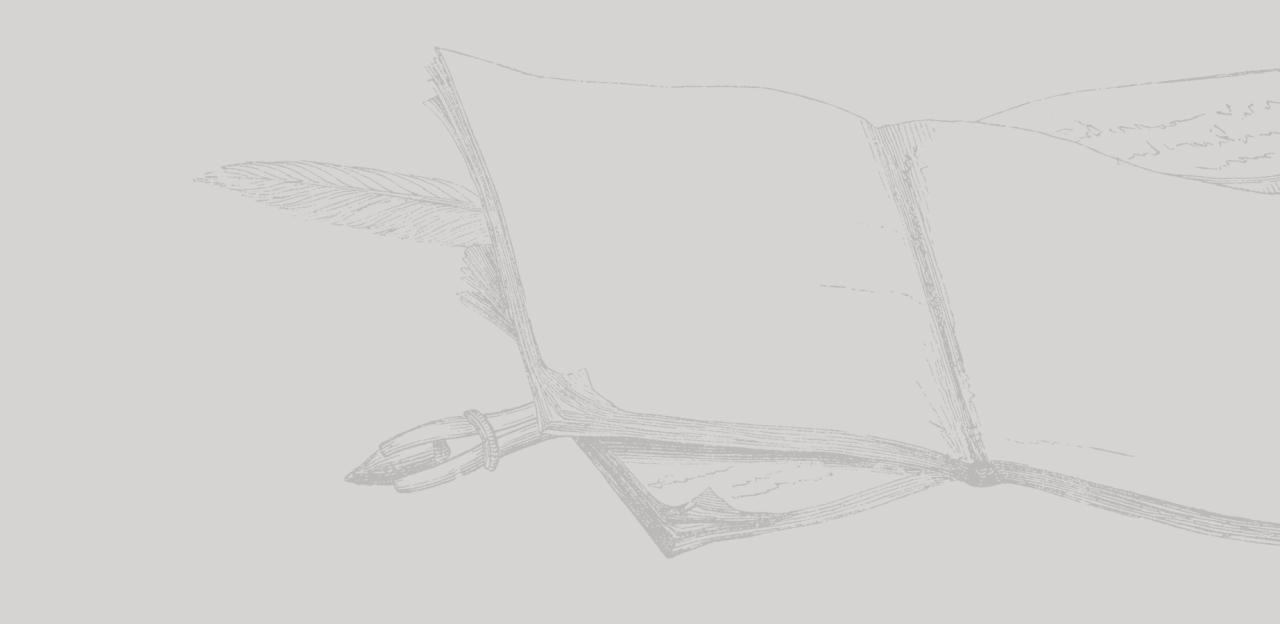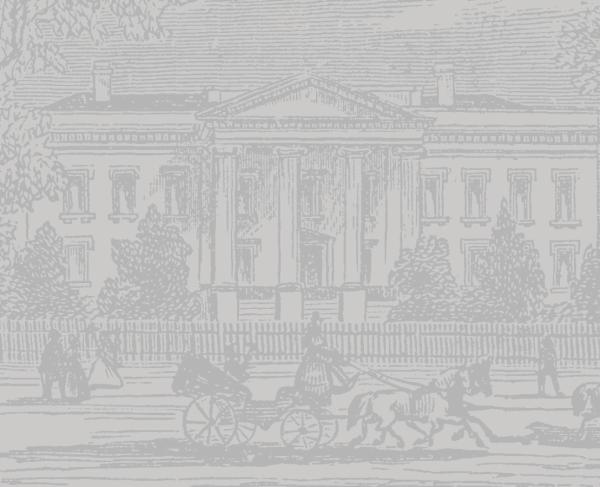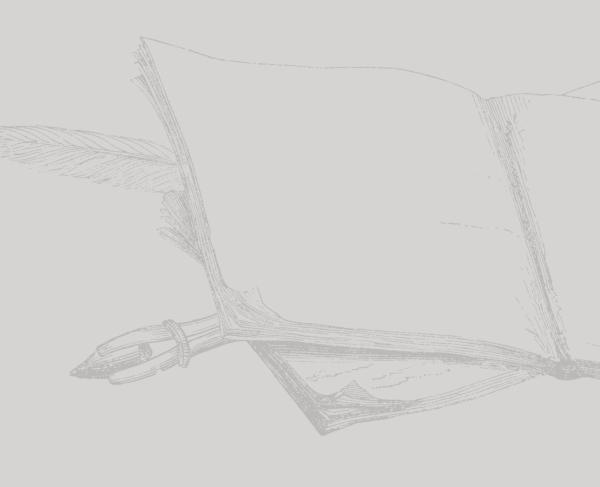1787: "A Short Portrait of the Efficiency of our Efficient Federal Government"

This opinion essay appeared in the The Freeman's Journal or The North-American Intelligencer on December 5, 1787, as people considered whether to reject or ratify the Constitution of the United States.
For the FREEMAN's JOURNAL
Joel ii. 15. "Blow the trumpet in Zion, sanctify a fast, call a solemn assembly. Gather the people, sanctify the congregation, assemble the elders. . . . Let the priests, the ministers of the Lord weep between the porch and the altar, and let them say, "Spare they people, O Lord, and give not thine heritage to reproach, that the heathen should rule over them."
My Fellow-Citizens,
Are you disposed to hear plain arguments, simple truths, and pure facts? If you are; then let me tell you, thro' the voice of reason, that the preservation of your little ones and yourselves, the love of mankind in general, and the liberty of your dear country, now demand your most serious attention. The peace, the freedom, the happiness of the present generation, and possibly many succeeding ones, are the great subjects now under discussion. Was there ever such an important time for America as this is? Can there be greater objects than these are, presented to the human understanding? I say there cannot and I affirm it, that there is not a man in the United States, except some base assassin, or mean coward, who can be indifferent on this momentous occasion. Is there any one now among us who can remain unconcerned or neutral? If there be, I say he is not a man; no certainly, he is unworthy of that character; such a wretch can have no claim to the title of a free citizen of America, he is a pitiful sycophant, a cringing spaniel, a menial slave.
The independence of American, with great propriety, was thought, during our late glorious struggle, an object of such immense value, that we could scarcely pay too high a price for it; an object that even dignified human nature; and that thousands of our countrymen magnanimously and cheerfully paid their blood for its purchase. But, great as this was, I say that the adoption of the new constitution is an object of much greater concern. The parents of a child may rejoice at his birth, as a happy circumstance, but his character and conduct in manhood only can give real and permanent pleasure; if these be bad, their pain is increased by disappointment; the recollection of their former joyous hopes, now augments their misery; yea, the misconduct of a son has frequently compelled his parents to curse the very day of his nativity. In this relation, the independence of America, and the new constitution exactly coincide. For if we adopt this plan of government in its present form; I say that we shall have reason to curse the day that America became independent. Horrid thought! that the greatest blessing God ever bestowed on a nation, should terminate in is misery and disgrace. Strange reverse this! that the freemen of American, the favored of heaven, should submit to a government so arbitrary in its embrio, that even a bill of rights cannot be obtained, to secure to the people their unalienable privileges.
It was a common saying among many sensible men in Great Britain and Ireland, in the time of the war, that they doubted whether the great men of America, who had taken an active part in favor of independence, were influenced by pure patriotism; that it was not the love of their country they had so much at heart, as their own private interest; that a thirst after dominion and power, and not to protect the oppressed from the oppressor, was the great operative principle that induced these men to oppose Britain so strenuously. This seemingly illiberal sentiment, was however generally denied by the well-hearted and unsuspecting friends of American liberty in Europe, who could not suppose that men would engage in so noble a cause through such base motives. Bus alas! the truth of the sentiment is now indisputably confirmed; facts are stubborn things, and these set the matter beyond controversy. The new constitution and the conduct of its despotic advocates, shew that these men's doubts were really well founded. Unparalleled duplicity! that men should oppose tyranny under a pretence of patriotism, that they might themselves become the tyrants. How does such villainy disgrace human nature! Ah, my fellow-citizens, you have been strangely deceived indeed; when the wealthy of your own country assisted you to expel the foreign tyrant, only with a view to substitute themselves in his stead.
But we want an efficient federal government; we want an efficient federal government; this is the constant theme of the day. Well, my friends, I grant this. But what is the ultimate end of an efficient government; in what should it be efficient? I hope you anticipate my answer. The only thing in which a government should be efficient, is to protect the liberties, lives, and property of the people governed, from foreign and domestic violence. This, and this only is what every government should do effectually. For any government to do more than this is impossible, and every one that falls short of it is defective. Let us now compare the new constitution with this legitimate definition of an efficient government, and we shall find that it has scarce a particle of an efficient government in its whole composition.
In the first place then it does not protect the people in those liberties and privileges that all freemen should hold sacred— The liberty of conscience, the liberty of the press, the liberty of trial by jury, &c. are all unprotected by this constitution. And in respect to protecting our property it can have no pretensions whatever to that; for the taxes must and will be so enormously oppressive, for supporting this expensive government, that the whole produce of our farms would not be sufficient to pay them.
As to this government being efficient, or rather sufficient to protect the people from the violence of a foreign enemy; the idea is so absurd that it offends common sense; it can neither have strength, energy, nor respectability, in the great scale of nations. For a new country to become strong and energetic, it has to be able to repel a foreign foe; the government must be firm and patriotic, and the people must be wealthy and well-affected to it. Now if these requisites be wanting, that country is in jeopardy every moment; in fact it is on the direct road of falling prey to the surrounding nations. In this miserable predicament, then, must America stand if we adopt the new constitution; for the government will neither be free nor patriotic, but on the contrary, despotic and oppressive; and the people will be object slaves toiling to support a government, which they curse in their hearts; a government composed only of an emperor and a few lordlings, surrounded by thousands of blood-suckers and cringing sycophants. And in respect to the standing army, it will only be made up of profligate idle ruffians, whose prowels will chiefly consists in feats of cruelty exercised on their innocent fellow citizens; but in facing a foreign foe, they will prove themselves a body of mean cowards; like the Turkish janissaries, better acquainted with plundering their country than fighting for its protection. In regard to a militia defending the country, the thing is still more absurd if possible. Who in his senses could suppose that people with their spirits broken by oppression, should voluntarily fight for that government to which they are necessarily disaffected? No truly, common sense would point out to government that its safety could not be the object of the people arming; and hence it is pain, that even were the militia willing to act, such a government would not trust them. Lastly, in respect to a navy, it is a matter of more moonshine, such an expensive government as this would be, could not spare as much money in fifty years, as would build three ships of the line. This is a short portrait of the efficiency of our efficient federal government. What think you of it, my fellow citizens?
PHILADELPHIENSIS. (No. III)
Source:
The Freeman's Journal or The North-American Intelligencer, published December 5, 1787. Page 2. Accessed through Newspapers.com

